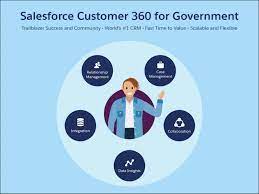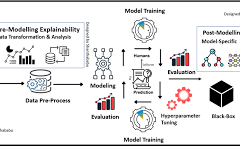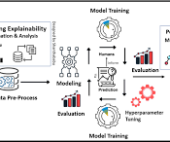Consumers today express heightened concerns about their data privacy, with 92% of Americans showing apprehension about online privacy. This apprehension extends beyond worries about the security of mobile phones, email, and browsers, particularly in the healthcare sector, where providers face increased scrutiny in safeguarding patients’ Protected Health Information (PHI). PHI is a prime target for cybercriminals due to its sensitivity, but securing it at scale poses significant challenges. Considerations When Implementing PHI.
Thank you for reading this post, don't forget to subscribe!What is PHI and how is it protected?
With certain exceptions, the Privacy Rule protects a subset of individually identifiable health information, known as protected health information or PHI, that is held or maintained by covered entities or their business associates acting for the covered entity.
HIPAA mandates stringent rules for the protection of healthcare information qualifying as PHI, imposing severe financial and criminal penalties for non-compliance. The HIPAA Privacy Rule specifically oversees PHI, encompassing health or personal information that can identify an individual, including historical, present, or future data related to mental or physical health.
Entities handling PHI must adhere to strict requirements for transmitting, storing, and disposing of this data, as patients inherently possess legal rights to the privacy and security of their PHI. Compliance is vital for the protection of PHI, not only to fulfill regulatory obligations but also to mitigate the substantial risks posed by cybercriminals who target this valuable information.
The allure for cybercriminals lies in the lucrative market for healthcare data, with records selling for hundreds to thousands of dollars per record on the black market. Given the potential for compromising millions of patient records in a single breach, attackers stand to gain significant sums. In contrast, other personal identifiers like Social Security numbers and credit card information fetch considerably lower prices.
What are some of the barriers to implementing HIPAA guidelines in health care organizations?
The three main aspects of HIPAA that continue to be a challenge for organizations are privacy, security and breach notification.
Ensuring compliance involves both technical and procedural considerations, and practices must implement updated training programs, access controls, secure data disposal methods, encryption measures, and regular security assessments. Compliance extends beyond internal practices, requiring thorough scrutiny of third-party vendors’ adherence to PHI protection regulations.
In the broader context of system compliance with PHI regulations, including HIPAA, specific software requirements play a pivotal role. These requirements, such as data encryption, access controls, audit logs, data integrity measures, and breach notification capabilities, collectively ensure the confidentiality, integrity, and availability of PHI. Compliance necessitates an organizational commitment to privacy and security considerations, encompassing technical safeguards, administrative policies, and physical security measures. Various businesses, including hospitals, insurance providers, pharmacies, and psychologists, handle PHI, making its protection challenging yet imperative to adhere to HIPAA standards.

Maintain documents containing PHI in locked cabinets or locked rooms when the documents are not in use and after working hours. Establish physical and/or procedural controls (e.g., key or combination access, access authorization levels) that limit access to only those persons who have a need for the information.
What’s your responsibility in protecting PHI?
This includes implementing HIPAA-required administrative , physical , and technical safeguards with regard to any person, process, application, service, or system used to collect, process, manage, analyze, or store PHI.













